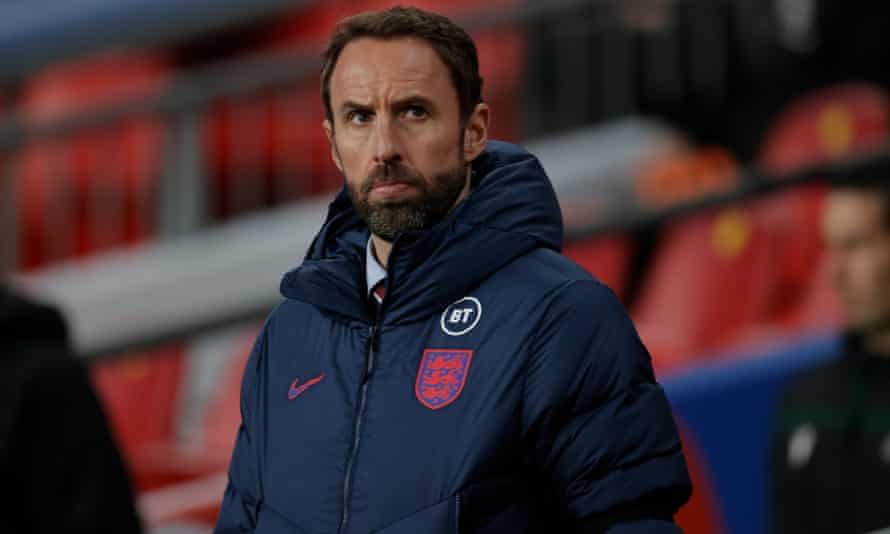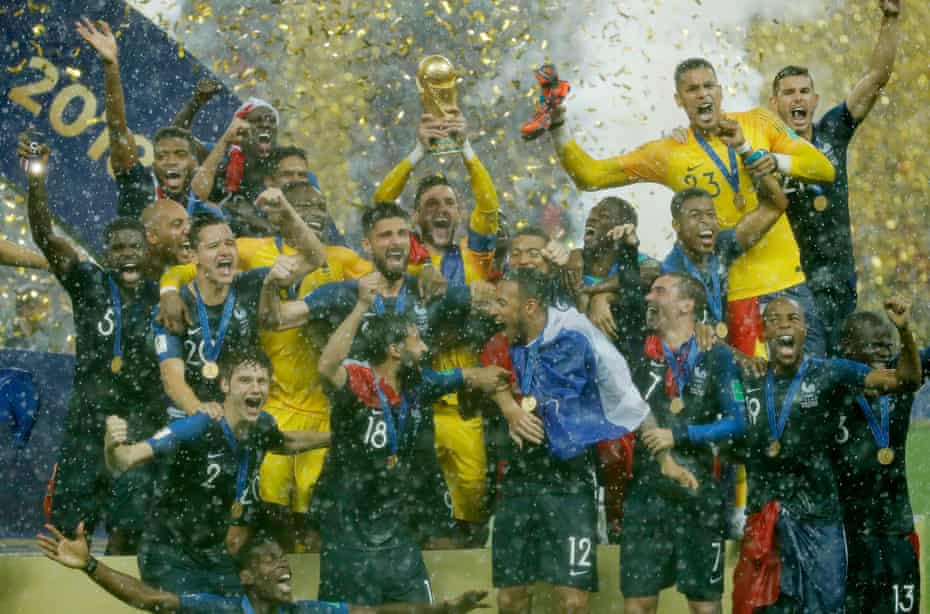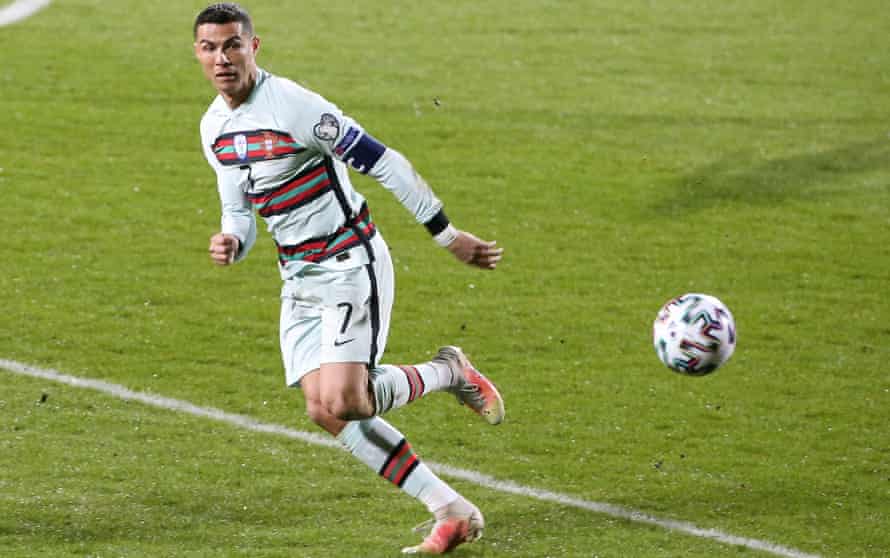Welcome, then, to the damned Euros. Even in the middle of a wider run of bodged and compromised football tournaments, it is hard to think of any that quite match the contortions to come over the next few weeks.
It would be wrong to say Euro 2020 is a product borne solely out of corporate greed. In fact this delayed multi-host entity is a product born out of corporate greed and human arrogance – chiefly that of its author Michel Platini, a man irresistibly on the rise back in 2012 after his re-election as Uefa president, with the will to defy even the realities of economic austerity.
Platini’s vision of a Euros Of Everywhere reaches fruition on 11 June. Italy v Turkey in Rome is the first of 51 matches to be played in 31 days at 11 venues, from Glasgow on the west coast of Scotland to the Caspian Sea shore of Baku, Azerbaijan.
“It is a zany idea but it is a good idea,” Platini said – incorrectly on both accounts – at the launch of this back-of-an-envelope format, in essence a product of the banking crisis that had deprived Uefa of a willing and suitably lavish host.
At the time, objections from supporters’ groups were steamrollered, the needless carbon footprint ignored. The vast cost for fans not travelling on the company platinum card was dismissed in the grand ancien regime style. Let them use low-cost airlines, Platini shrugged.
Fast forward nine years and the carnival of everywhere has become a sporting cursed earth, attacked by hubris from every angle. Platini’s career has been guillotined by scandal. The tournament’s basic premise, a biddable mass of Ryanair-fuelled Euro consumers, has been destroyed completely by a year of plague.
Chuck in the fact the main host of the Euros for Europe is, post-Brexit, no longer a signatory to that borderless dream, and this tournament looks like what it is: a construct only Platini and his sponsors thought was a good idea at the time, staged now as a living monument to greed and corporate influence.

At which point, enter the one real note of life in all this. Only one thing can save football from football and that is football. Somehow, whatever you chuck at this oddly indestructible sport, no matter what strange shapes its governing bodies inflict upon it, it retains its peculiar power. True to form the next month still promises something irresistible, a bloom of familiar colours, sounds and skirling possibilities. The circus continues to roll. That summer operetta will, for now, drown out even the weirdness of its own conception.
What have we got then? This will be the second iteration of the 24-team Euros. In 2016, there were points where the tournament seemed to sag. This time the quality looks encouragingly high.
Six of the top seven teams in the world will be present, including the winners of the past four World Cups. France, Belgium, Portugal, Spain and (yes) England are early favourites, but still comfortably within reach of a secondary tier of Denmark, the Netherlands, Croatia, Poland, Switzerland, Wales, Scotland and other perky middleweights.
France, world champions looking to double up, still have that blend of forward talent and gristle through the middle. Much has been made of England’s own creative options, some of whom have been first-choice picks for Champions League clubs this season, but Mbappé-Griezmann-Dembélé-Coman-Pogba is a fair riposte.
The same goes for Hazard-Lukaku-De Bruyne-Mertens-Tielemans, as wells as the might of Ronaldo-Félix-Jota-Silva-Fernandes. Spain are still Spain. Germany look as brittle as an Azerbaijani baklava, but a midfield of Leon Goretzka, Joshua Kimmich, Ilkay Gündogan, Toni Kroos and others is a powerful prospect.
Look down the list and there will be nine players with more international goals than Harry Kane, and one with more than 100. If we can get past exhaustion, crowd-fright, bubble-sickness and all-round existential angst, there is a chance this tournament could catch fire.

Much of the joy, as ever, will come from smaller football nations making their mark. North Macedonia – ranked 62nd in the world – count as a genuine minnow, but they beat Germany in a World Cup qualifier in March. Scotland will be at their first Euros in 25 years. Their form has been scratchy, but this will count for little on 18 June and a Group D game against England that promises a dreamlike, nostalgic tableau of kilted men on Wembley Way, bagpipes on the Jubilee line, purple tins, twanging crossbars and the rest.
There are some intriguing bits and pieces. Baku and St Petersburg will house more than 30,000 fans and Wembley 22,000, all of which could be revised upwards barring the horror of another virus spike. It is tempting to see a sense of joy here, a grand coming out after the fear and claustrophobia of the past year. But we have been here before. Sport may demand this kind of straight-line narrative. The real world travels in zigzags.
Selection has been simplified and complicated with the extension to a 26-player squad. A limit of 23 names on the subs and starting lists seems likely to extend a familiar uncertainty into matchdays. Teams can also make up to six substitutions if games go to extra-time, offering endless opportunities for faff, recrimination and managerial hand-wringing.
VAR will be in action for the first time at the Euros. The lessons of the last World Cup were clear enough. Use of the referee’s screen is to be encouraged and a higher calibre of individual in the TV truck tends to lead to better decisions being made.
A great deal has been staked on this £2bn summer beano. The women’s Euro 2021 has slipped back a year. The overloading of players, schedules and the public attention span has been ramped up even further. Even before the current confusion this was a jaded format, overstuffed and oversold. Five years since the last one, these Euros carry an additional burden, with a need to restate the basic vitality of this tournament.

This sense of identity crisis is stitched into the multi-city format. The current compromise was presented as “a celebration” of the first Euros 60 years ago. But for Henri Delaunay, Uefa’s first general secretary, the dream of a European tournament was born of something else, a spirit of internationalism, the postwar rapprochement embodied by the European Coal and Steel Community. This was sport as an arm of international relations, a force for Eurozone collectivism.
In its place we have this. In the cold post-pandemic light Euro 2020 looks like a marker of how dramatically that world has changed, not just over those 60 years, but in the decade since its conception.
“It could be a great party,” Platini said, hopefully, as he announced his Euros Of Everywhere. He’s right. It could. But this will be in spite of, not because of, its staging and for reasons that were unimaginable when Platini’s folly was first unveiled to the world.
from Football | The Guardian https://ift.tt/34ZeXdA
via IFTTT

No Comment